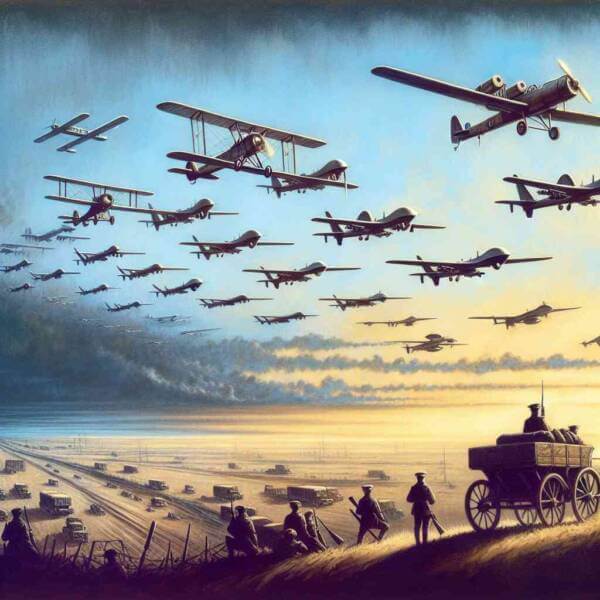The Critical Role of Air Forces Worldwide
The Critical Role of Air Forces Worldwide
Blog Article

Military aviation is a critical pillar of modern defense strategies around the world.
Today, military aviation encompasses a wide range of technologies, from fighter jets and bombers to surveillance drones and transport planes.
History of Military Aviation
As technology advanced, airplanes were adapted for air-to-air battles, changing the nature of warfare forever.
Important events in the evolution of military aviation:
- First use of armed aircraft in combat
- Creation of long-range bombers and jets
- The Cold War era
- Rise of unmanned aerial vehicles (UAVs)
Each era brought innovative strategies that redefined military capabilities.
Types of Military Aircraft
Military aviation includes a variety of aircraft, each designed for different roles.
Major aircraft classifications:
- Planes built for speed and agility
- Planes that deliver heavy payloads
- Logistical support aircraft
- Eyes in the sky for modern armies
Each type plays a key part in military operations, from securing airspace.
Importance of Air Superiority
Air superiority is vital for achieving military success.
Strategic advantages of air dominance:
- Reducing enemy effectiveness
- Targeting infrastructure and logistics
- Gathering critical intelligence
- Psychological impact on enemy forces
Nations with strong military aviation capabilities can defend their interests more effectively.
Advancements Shaping the Future
Military aviation is at the forefront of engineering breakthroughs.
Cutting-edge developments:
- Stealth technology
- Hypersonic weapons
- Autonomous drones
- New forms of aerial weaponry
These advancements here increase survivability for air forces worldwide.
Obstacles Facing the Industry
Despite technological superiority, military aviation faces complex problems.
Major obstacles to overcome:
- Rising development and maintenance costs
- Need for constant upgrades
- Protecting systems from hacking and sabotage
- New debates about AI in warfare
Addressing these challenges is essential for maintaining air power.
Future of Military Aviation
Nations will continue investing in space-based systems to maintain strategic advantages.
Future trends may include:
- Greater integration of artificial intelligence
- Space as the next battlefield
- Developing sustainable aviation technology
- Enhanced multinational cooperation
The next era of military aviation will revolutionize how wars are fought.
Conclusion
Its history, present achievements, and future possibilities demonstrate strategic importance.
As technology continues to evolve, the skies will remain a vital domain where military aviation protects nations.
The future of military aviation is limitless — and it’s only just beginning. Report this page